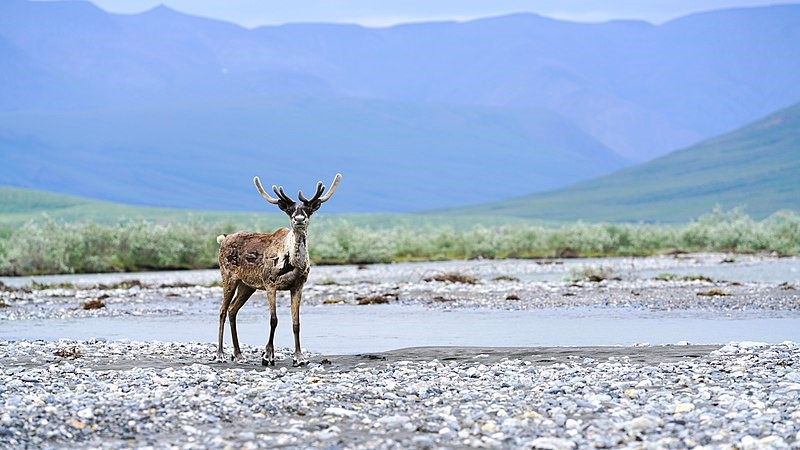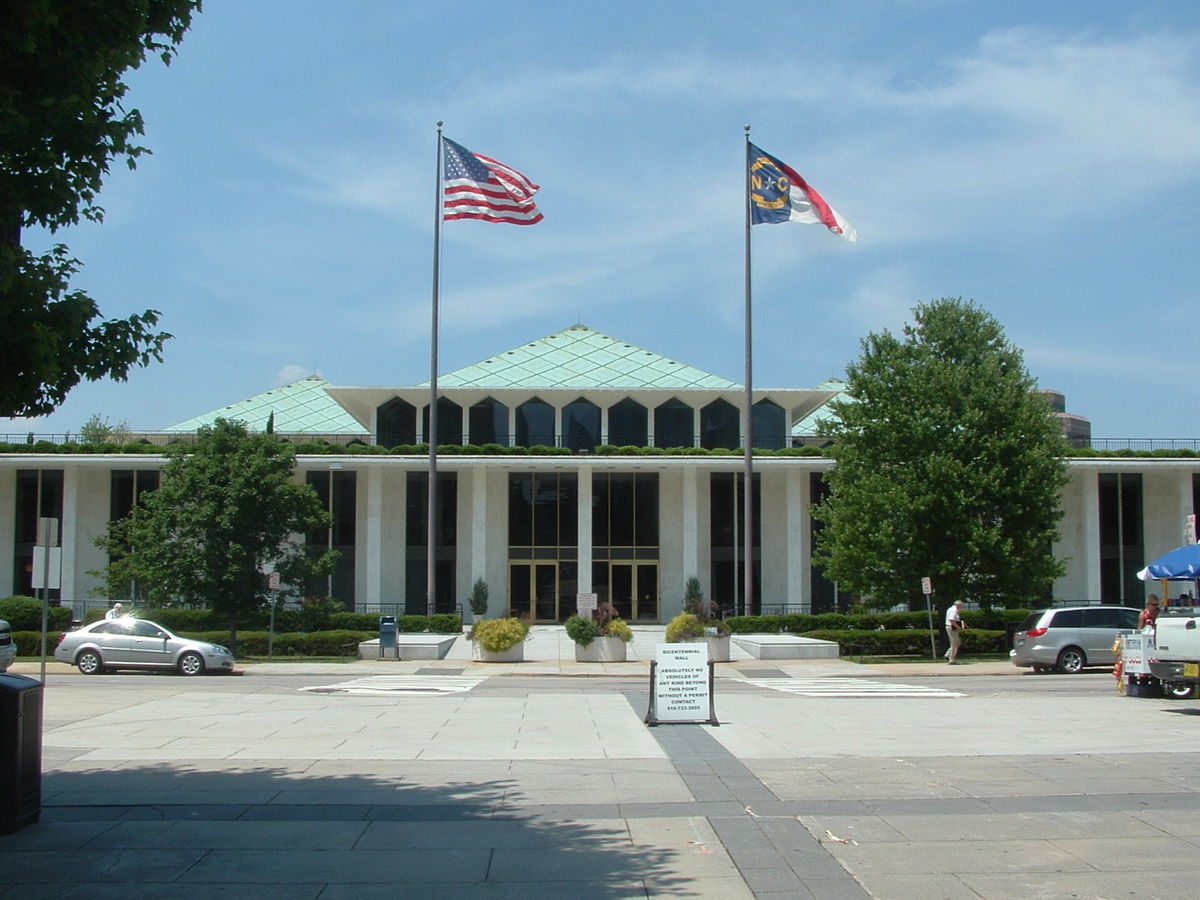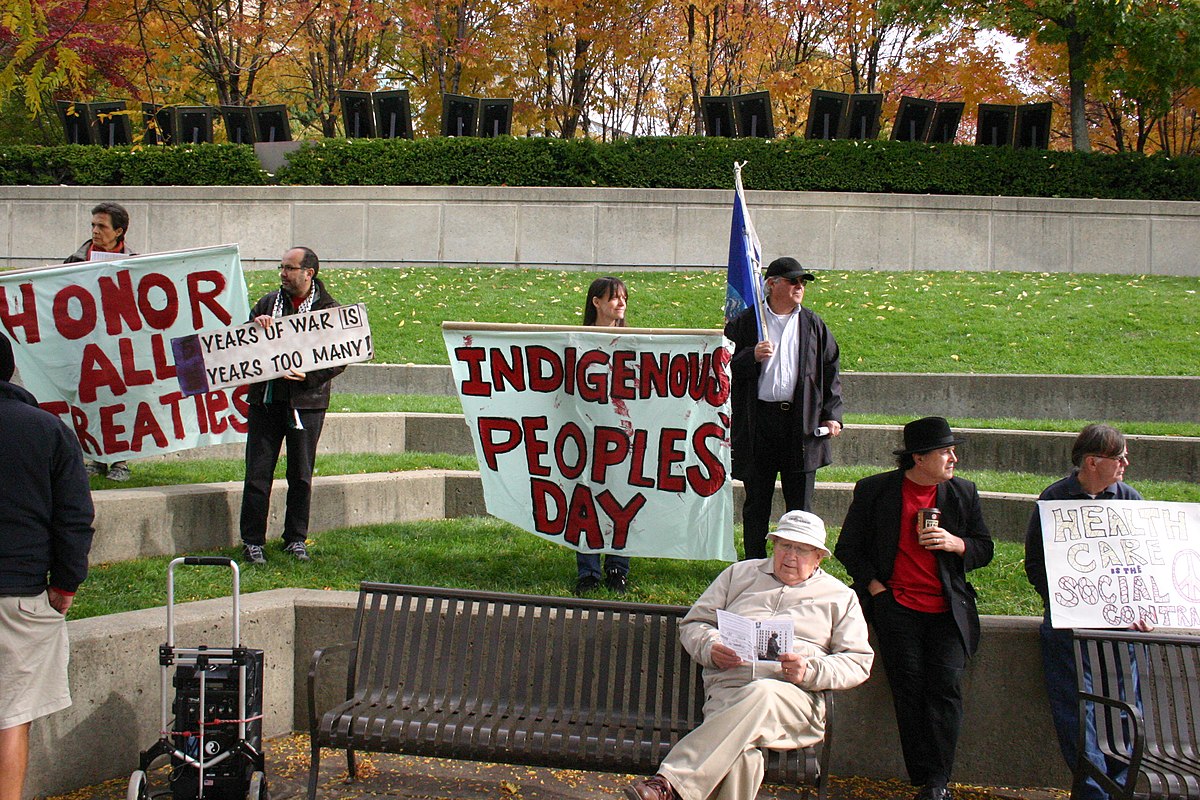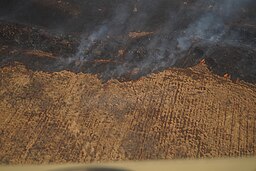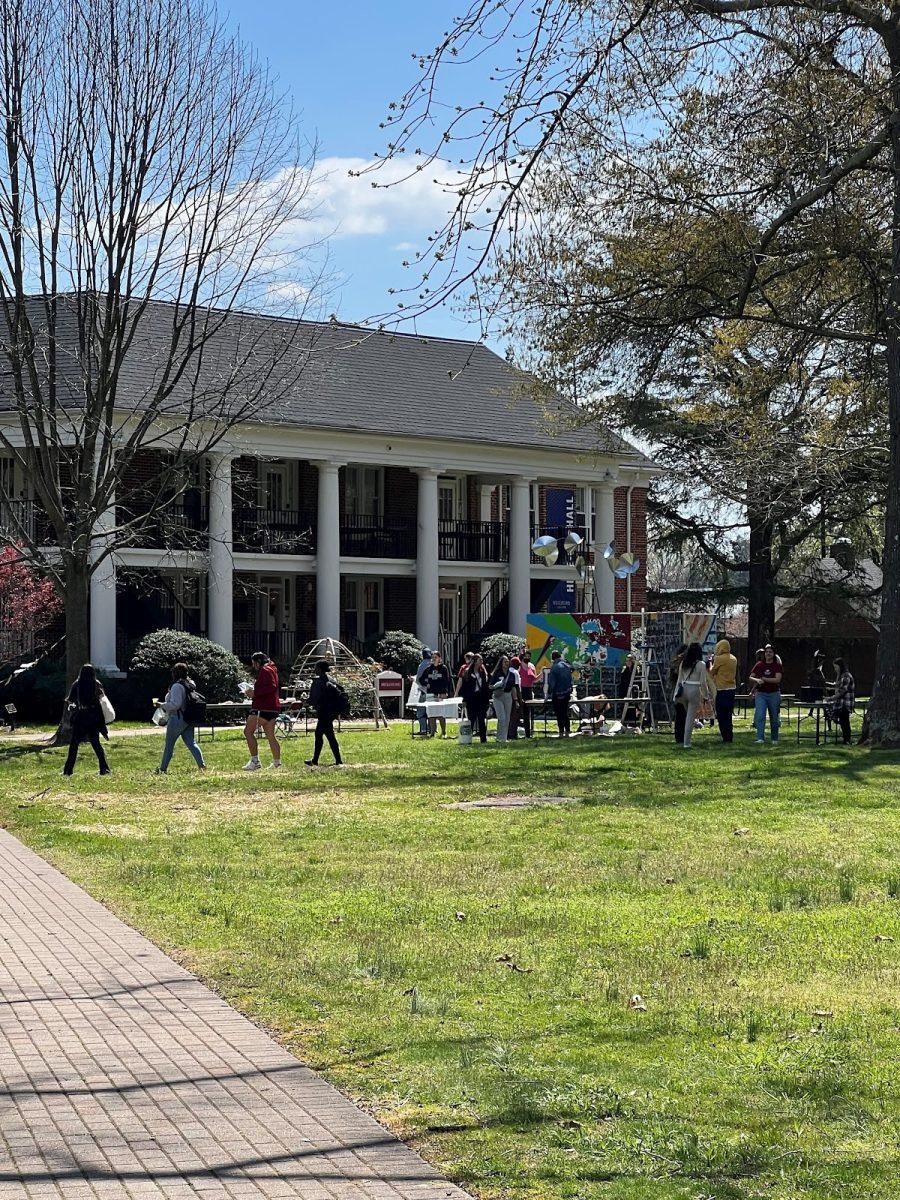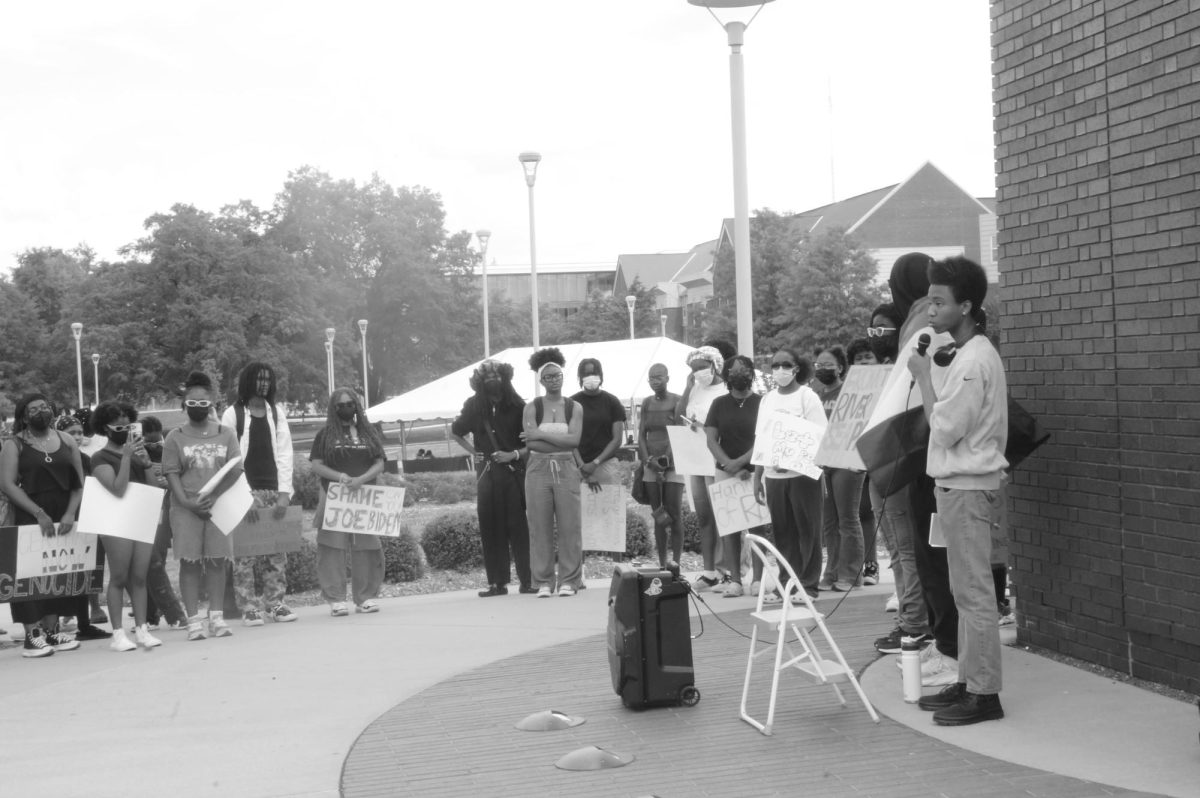On Sept. 6, the Biden administration announced it would be canceling seven Trump-era oil and gas drilling leases in the Arctic National Wildlife Refuge, more commonly known as ANWR. Additionally, approximately 13 million acres of land in the National Petroleum Reserve in Alaska may become federally protected in a proposition by the Interior Department. This decision, although politically controversial, is considered by many to be a major step in promising a sustainable future.
ANWR consists of 19 million acres of Alaskan land that is home to indigenous peoples as well as over 200 animal species, making it one of the most biodiverse regions left in the world and a valuable look into a past landscape before colonialism and industrialization.
In 2017, the Trump administration passed the Tax Cuts and Jobs Act, which called for a minimum of 800,000 acres in ANWR to be leased to oil companies, as part of the Coastal Plain Oil and Gas Program. In 2020, David Bernhardt, then Secretary of the Interior, approved and detailed the rules and regulations for drilling in the 1.56 million acre program area.
Although the Biden administration’s environmentally conscious decision generally has been popular among the public, many politicians, including Alaska Republican Sen. Dan Sullivan and Democrat Rep. Mary Peltola, opposed it, arguing that increased domestic drilling would reduce Americans’ oil prices. Environmentalists, however, warn that exploiting these natural reserves is likely to increase dependence on fossil fuels.
“Stopping fossil fuel projects now is absolutely essential,” said Tom Guthrie, chair of Guilford’s Environmental and Sustainability Studies Department. “These projects are massive investments in the future. They can cost billions of dollars to implement.
“When companies invest that money, they expect to recoup it over decades of use. Yet this locks us into decades more of fossil fuel extraction, which is the opposite of what we need to be doing,” he said.
“We urgently need to redirect capital investments from fossil fuel projects to renewable energy and climate justice projects. This would be a true investment in our collective future,” Guthrie said.
Although ending drilling in ANWR may increase short-term oil prices due to continued reliance on foreign oil imports, many environmentalists suggest this will force America to look for more sustainable and affordable practices. Most environmentalists agree that some of these sustainable practices can be implemented on a large scale, but most need to begin on a small scale.
For instance, colleges like Guilford can take steps to be more sustainable, such as implementing or reinstating offices of sustainability. Due to budget cuts during the pandemic, Guilford’s Office of Sustainability, which, according to Guthrie, “coordinated energy audits, community education, and waste reduction and management projects,” was suspended.
Aside from environmentalists, other groups have embraced Biden’s cancellation of drilling leases. According to Cultural Survival, Inc., a nonprofit organization that advocates for the rights of indigenous peoples, the Gwich’in people, whose home is on the coast of Alaska, are among those who have approved the decision in their quest to preserve their culture against the devastating impacts of climate change and colonization.
As reported by culturalsurvival.org, indigenous people are disproportionately impacted by climate change as contamination, intrusive pipelines and global warming kill or force the migration of many culturally significant food sources. The Porcupine Caribou that live in the refuge, for instance, are culturally vital for the Gwich’in, as they believe it is their job to protect the herds. However, because of drilling by oil companies, the calving lands for the caribou have diminished along with much of the herd, according to Gwich’in leaders quoted on culturalsurvival.org.
“Native peoples are on the frontlines of battles over extractive industries and the climate crisis.” Guthrie said. “They have long histories of land and resource stewardship and deep knowledge about the places in which they live. Many Native worldviews value non-human members of our earth communities.
“We have much to learn from them. BIPOC — Black, Indigenous, and People of Color — communities are already suffering the most from the climate crisis, which multiplies vulnerabilities. The ANWR is equally a social justice and an environmental issue,” Guthrie said.
While the Biden administration’s decision has given the Gwich’in a better chance of protecting their land, wildlife and culture, more work needs to be done by the U.S. government to guarantee their preservation.
“We urge the administration and our leaders in Congress to repeal the oil and gas program and permanently protect the Arctic Refuge,” Bernadette Dementieff, the Gwich’in Steering Committee executive director, said in an interview with CNN.
It is largely the public’s responsibility to advocate for their beliefs and pressure the government to pass legislation. Students themselves can play a major role in continuing the progress by reaching out to local representatives as well as simply joining social justice clubs on campus, protesting and learning from others.

